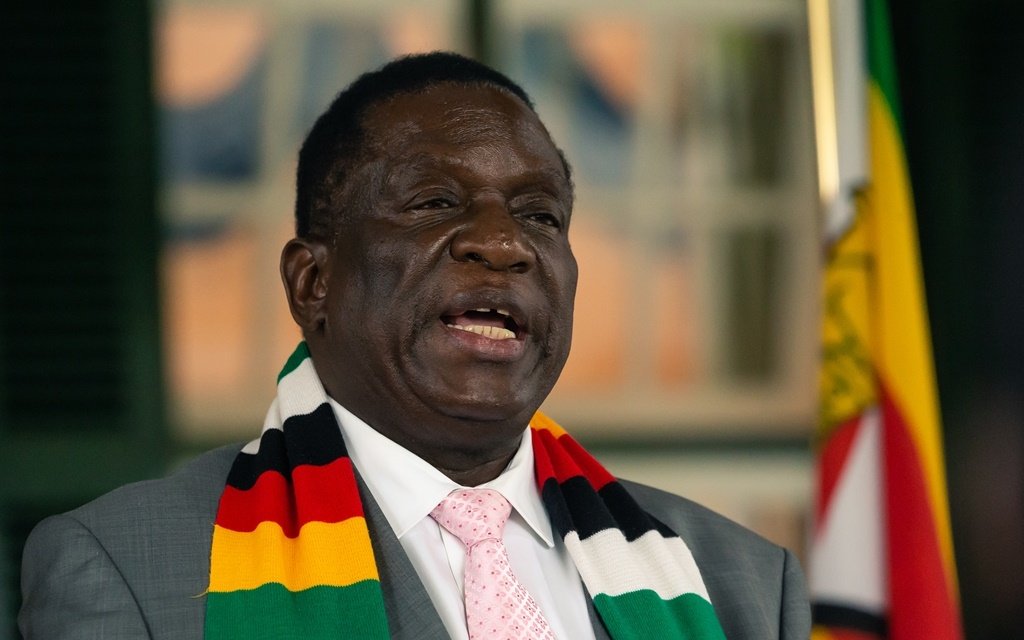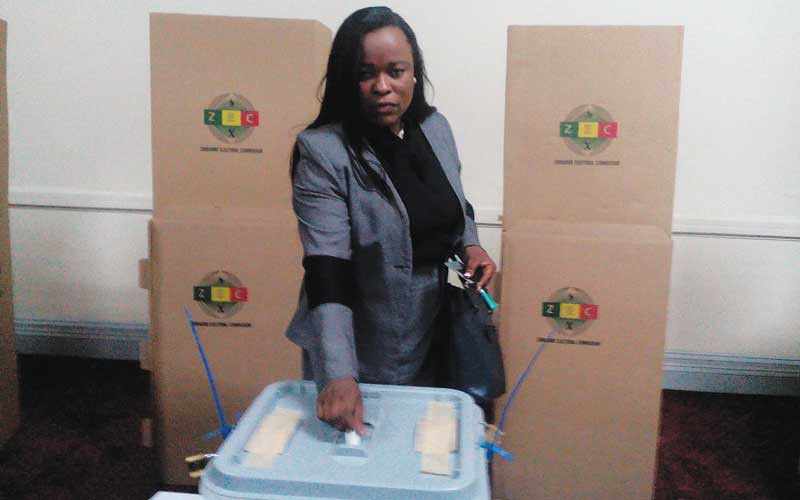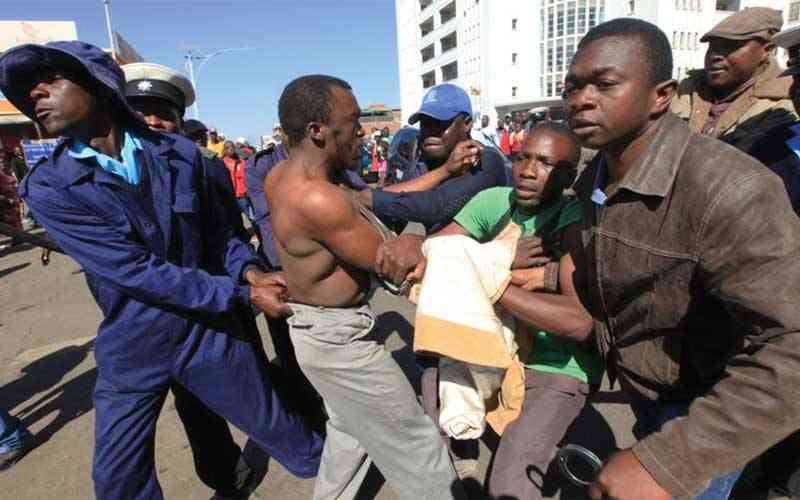
PRESIDENT Emmerson Mnangagwa embarked on a clean-up exercise when he took over leadership through a coup from the late former President Robert Mugabe in November 2017.
However, his leadership has struggled to make the new brooms sweep clean despite the hullabaloo. In fact, he has failed to clean the rot in his government.
People expected to see change in his new leadership but alas it was a pie in the sky.
Corruption is endemic and still rampant in many government departments. Reports on corruption have actually doubled. There are few, if any arrests, let alone prosecutions, for corruption at leadership level.
Even when seeking government services, one is asked to part with an inducement.
Corruption has become a culture in Mnangagwa’s government. Mnangagwa has failed to attract local, regional and foreign investment to boost the country’s ailing economy. The country is labouring under economic challenges.
Mnangagwa has over the past four years spent much of his time commissioning buses and at one time appeared to be smart by donating buses to the army, police and airforce as if the money was coming from his pocket, yet he was using State funds.
Already we have witnessed sporadic reports of politically-motivated violence in the ongoing by-election campaigns where a member of the Citizens Coalition for Change has been killed.
- Chamisa under fire over US$120K donation
- Mavhunga puts DeMbare into Chibuku quarterfinals
- Pension funds bet on Cabora Bassa oilfields
- Councils defy govt fire tender directive
Keep Reading
The new dispensation has nothing new to offer besides the old sanctions rhetoric. This shows that the new republic is ideologically bankrupt.
Since the by-election campaigns started, there is nothing new coming from this new republic besides the old and tired mantra or adage that the State House is very far.
What this new republic is failing to understand is that the dynamics of politics have changed and most people who are hungry for change are the young people.— Koni Leonard
Women reject PVO Bill
WALPE observed the public hearings on the Private Voluntary Organisations (PVO) Bill in the country’s 10 provinces from February 28 to March 4, 2022.
The public consultations on the PVO Bill were being spearheaded by the Parliamentary Portfolio Committee on Labour, Public Service and Social Welfare.
The Bill in its current form aims to restrict the work of non-governmental organisations (NGOs).
WALPE teams were on the ground monitoring the process in Harare, Guruve, Zhombe, Mutoko, Beitbridge, Kariba, Tsholotsho, Lupane, Gwanda, Masvingo, Rusape, Bulawayo, Gutu and Chinhoyi.
Most of the participants made contributions against passing of the Bill highlighting the drastic effects this would have on their socio-economic and political life.
It is sad that some of the hearings were marred by violence and disruptions and had to be adjourned prematurely.
These include the ones held in Highfield in Harare, Rusape, Gutu and Bulawayo.
It looked like there were people mobilised to disrupt the hearings and block people from raising objections on the content of the Bill.
Some of the submissions made during the PVO public hearings are:
- No evidence has been presented to substantiate the allegations that PVOs are responsible for terrorist activities the law seeks to address.
- In the Bill, political lobbying, is not clarified, leaving room for the government and its agencies to interfere with non-governmental organisations (NGOs) in the course of their operations.
This means that NGOs working to enhance women political participation like WALPE are at risk of closure and attacks from the government and this will derail efforts towards advancement of gender equality.
- NGOs particularly women’s rights organisations have played an instrumental role on issues of sexual reproductive health rights, constitutional awareness, ending gender-based violence, unpaid care and domestic work, gender equality, climate change, child marriages, etc.
- NGOs have been supporting communities to improve the welfare, education, health, advocacy for upholding of constitutional rights, which will leave communities vulnerable if their operations are restricted.
- The Bill is giving the minister too much power.
It is unheard of that the Bill empowers the minister to remove the leadership of NGOs which would have “digressed from their mandate” and appoint committees to the organisations who will not share the same vision and, uphold the same values as those of NGOs.
- NGOs have been transparent when distributing aid in communities unlike some government departments which are partisan and politicise the process. — WALPE Information
No to tribalism in CCC
I REFER to a statement by the Citizens Coalition for Change spokesperson for Matabeleland, Swithern Chiroodza that he wouldn’t allow Thokozani Khupe to rejoin the party because the latter is the architect of the splits and fragmentation of the opposition.
I use the term “rejoin” deliberately in order to accentuate the fact that when we talk about the opposition in Zimbabwean politics, be it Job Sikhala’s party, Tendai Biti’s, Welshman Ncube’s or Khupe’s party we are talking about the late Morgan Tsvangirai’s Movement for Democratic Change.
Chiroodza, judging by his statement on radio, is a misnomer as a party spokesperson.
He has a short memory.
Khupe, dispite all her mistakes as a politician, is not the first senior politician to split from the original MDC: Needless to repeat as I have already mentioned them all supra, and they have all reconciled with Nelson Chamisa for an effective opposition.
Why not Khupe? Do I sense tribalism here? The top leadership of CCC must reprimand this man. He is a liability to the party.
Sikhala and Biti are working like Trojan horses for the CCC and its predecessor. I have noticed, through a chink in the CCC, that when it comes to appointing spokespersons right across the board, the criteria are not clear. This position is very cardinal, sensitive and requires utmost diplomacy, wisdom and experience.
I have noticed for a long time that party stalwarts such as Felix Mafa (Magalela Sibanda) were left out.
This gentleman is thoroughly experienced in politics, in NGO movements and administration generally and is mature, wise and fluent in all the country’s main languages.
And yet he has been relegated to the periphery of party affairs. One cannot compare Mahere or Chiroodza with Felix Mafa as party spokesperson.— Martin Storbat











